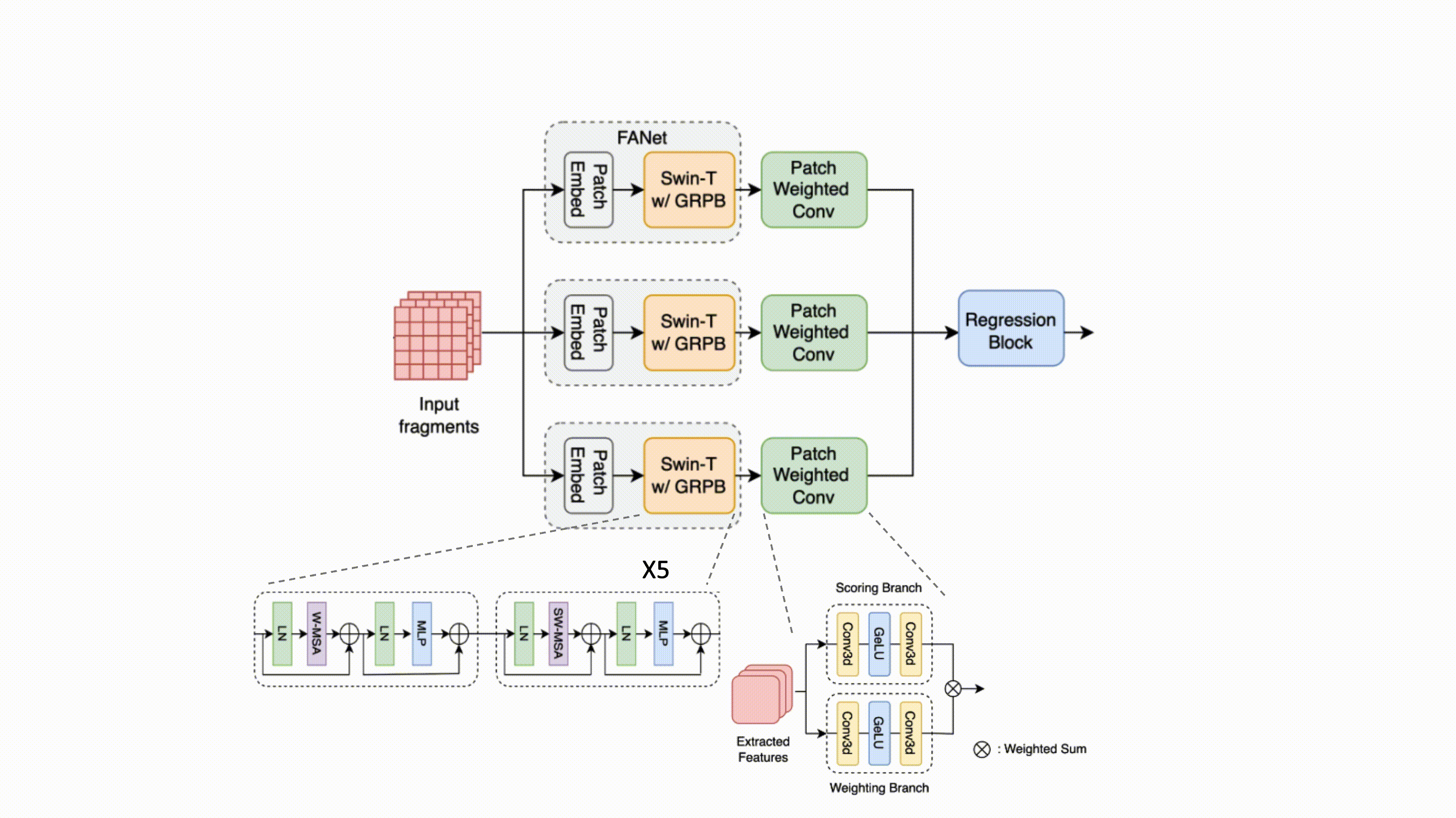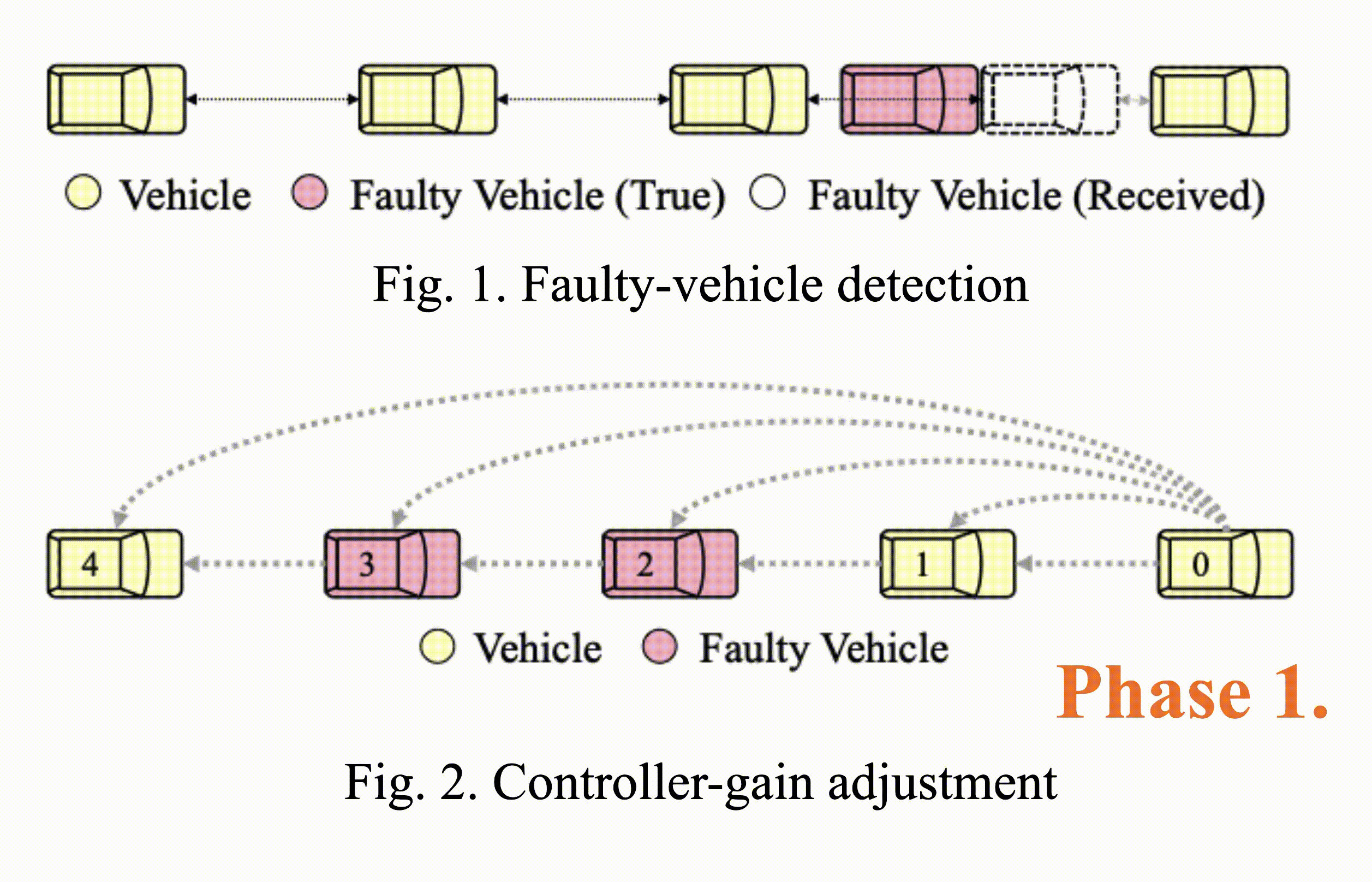publications
Ding-Jiun's publications
2023
-
 ASSR-NeRF: Arbitrary-Scale Super-Resolution on Voxel Grid for High-Quality Radiance Fields ReconstructionDing-Jiun Huang, Zi-Ting Chou, Yu-Chiang Frank Wang, and 1 more authorPreprint (under review)
ASSR-NeRF: Arbitrary-Scale Super-Resolution on Voxel Grid for High-Quality Radiance Fields ReconstructionDing-Jiun Huang, Zi-Ting Chou, Yu-Chiang Frank Wang, and 1 more authorPreprint (under review)NeRF-based methods reconstruct 3D scenes by building a radiance field with implicit or explicit representations. While existing state-of-the-art methods for 3D scene reconstruction can capture geometry and appearance of a scene accurately, the quality of the rendered novel views is bounded by the training views. On the other hand, single-image super-resolution aims to restore lowresolution (LR) images to high-resolution (HR) counterparts and enhance details as well as textures simultaneously. To improve the rendering quality of a radiance field trained with LR training views, we propose Arbitrary-Scale Super-Resolution NeRF (ASSR-NeRF), a novel framework for super-resolution (SR) of neural radiance field. A voxelbased radiance field is first constructed with training views. Then, an attention-based VoxelGridSR module performs SR directly on the constructed radiance field, instead of the rendered 2D views, to generate finer details and textures in rendered views. Experiments with both quantitative and qualitative comparisons show that our proposed method significantly improves rendering quality.
-
 SB-VQA: A Stack-Based Video Quality Assessment Framework for Video EnhancementDing-Jiun Huang, Yu-Ting Kao, Tieh-Hung Chuang, and 3 more authorsIEEE/CVF CVPR NTIRE 2023
SB-VQA: A Stack-Based Video Quality Assessment Framework for Video EnhancementDing-Jiun Huang, Yu-Ting Kao, Tieh-Hung Chuang, and 3 more authorsIEEE/CVF CVPR NTIRE 2023In recent years, several video quality assessment (VQA) methods have been developed, achieving high performance. However, these methods were not specifically trained for enhanced videos, which limits their ability to predict video quality accurately based on human subjective perception. To address this issue, we propose a stack-based framework for VQA that outperforms existing state-of-the-art methods on VDPVE, a dataset consisting of enhanced videos. In addition to proposing the VQA framework for enhanced videos, we also investigate its application on professionally generated content (PGC). To address copyright issues with premium content, we create the PGCVQ dataset, which consists of videos from YouTube. We evaluate our proposed approach and state-of-the-art methods on PGCVQ, and provide new insights on the results. Our experiments demonstrate that existing VQA algorithms can be applied to PGC videos, and we find that VQA performance for PGC videos can be improved by considering the plot of a play, which highlights the importance of video semantic understanding.
-
 Consensus-Based Fault-Tolerant Platooning for Connected and Autonomous VehiclesTzu-Yen Tseng, Ding-Jiun Huang, Jia-You Lin, and 3 more authorsIEEE Intelligent Vehicles Symposium 2023
Consensus-Based Fault-Tolerant Platooning for Connected and Autonomous VehiclesTzu-Yen Tseng, Ding-Jiun Huang, Jia-You Lin, and 3 more authorsIEEE Intelligent Vehicles Symposium 2023Platooning is a representative application of connected and autonomous vehicles. The information exchanged between connected functions and the precise control of autonomous functions provide great safety and traffic capacity. In this paper, we develop an advanced consensus-based approach for platooning. By applying consensus-based fault detection and adaptive gains to controllers, we can detect faulty position and speed information from vehicles and reinstate the normal behavior of the platooning. Experimental results demonstrate that the developed approach outperforms the state-of-the-art approaches and achieves small steady state errors and small settling times under scenarios with faults.